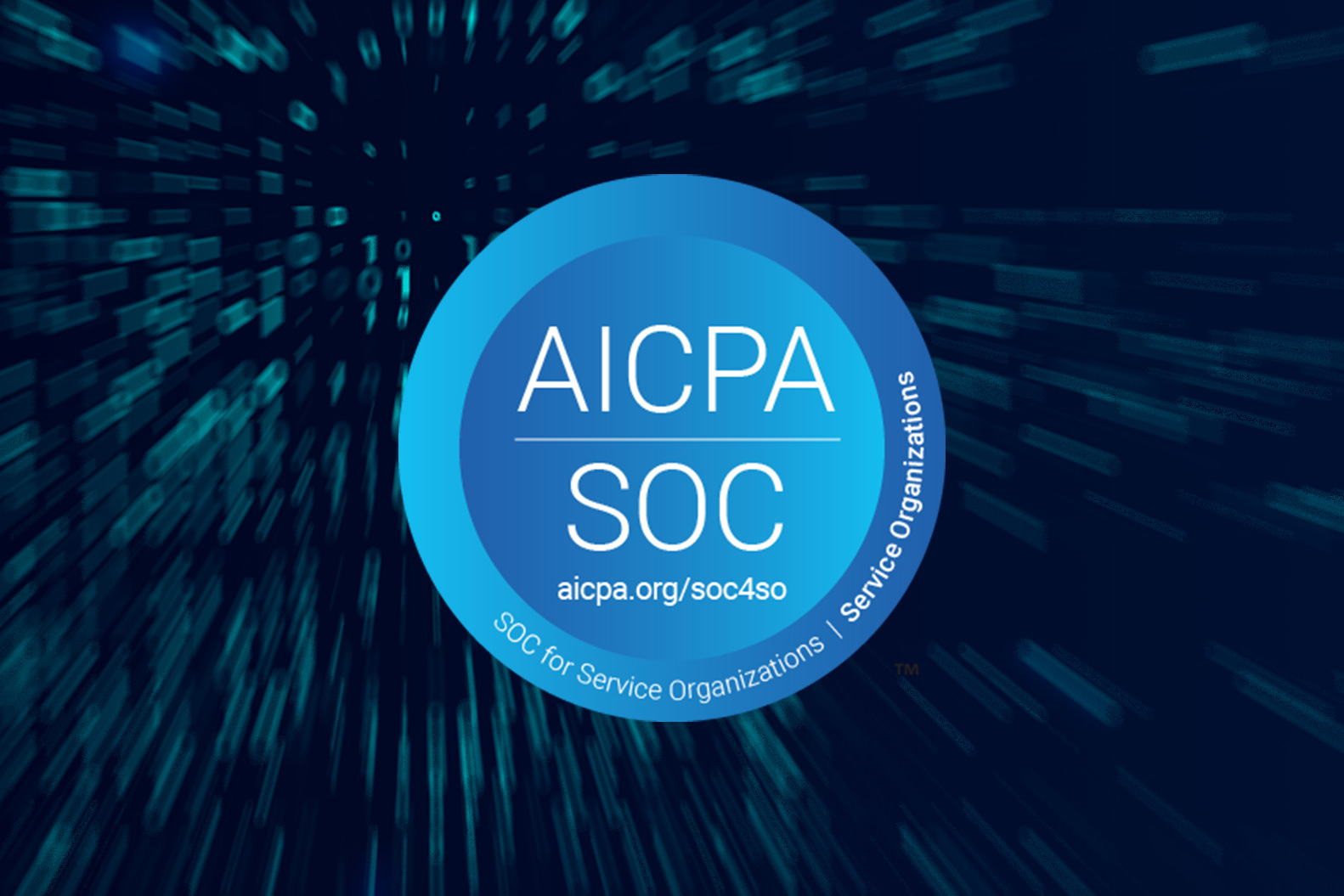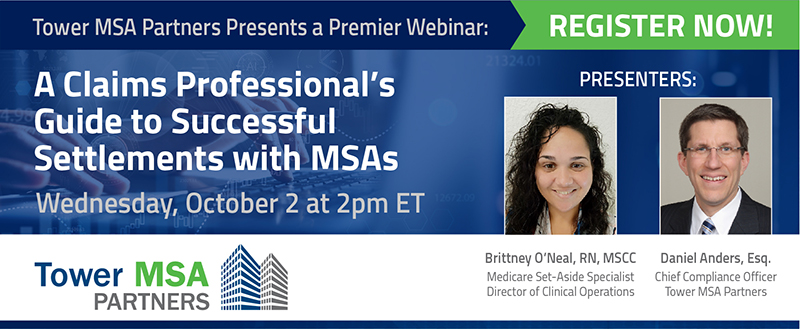At the recent Workers’ Compensation Educational Conference in Orlando, FL, empathy took center stage during the WCI-TV segments, sponsored for the ninth consecutive year by Tower MSA Partners. This year’s theme, “Empathy in Workers’ Compensation,” showcased how various industry leaders infuse empathy throughout the claims process, even when they don’t directly interact with injured workers.
Empathy: A vital component
Empathy is a vital component in workers’ compensation, influencing culture, product design, and service delivery across the industry. It ensures that injured workers feel supported and understood, which can lead to improved outcomes, reduced fear, and even a decrease in litigation. By fostering collaboration, care, and consistency, companies across the workers’ compensation landscape are making significant strides in incorporating empathy into their processes.
United Airlines: The Power of Caring
Joan Vincenz, Managing Director of Corporate Safety at United Airlines, spoke about the lasting impact of empathy on injured workers. “People will never forget how they’re treated when they are injured at work. It matters how we treat people when they’re in trouble,” she stated. United Airlines’ philosophy is rooted in safety and care. Beyond preventing injuries, United prioritizes getting immediate, quality care for employees after an injury and helping them navigate the complex workers’ compensation system to return them to health. Vincenz emphasized that the most empathetic thing companies can do is to communicate regularly with injured workers and guide them through the complex workers’ compensation process.
Berkley Industrial Comp: Empathetic Resolution Model
Greg Hamlin, SVP and Chief Claims Officer at Berkley Industrial Comp, highlighted their efforts to embed empathy into the claims process through the Empathetic Resolution Model. This model was developed with input from adjusters on the front lines, who offered suggestions for making the process more human and compassionate. One such suggestion was to rewrite the letters sent to injured workers, making them more empathetic and less formal. Berkley also implemented thoughtful gestures, such as sending cookies to injured workers post-surgery and maintaining regular contact through texts and calls. These small but meaningful actions demonstrate Berkley’s commitment to authentic empathy at every step of the claims process.
Tower MSA Partners: Advocates for Injured Workers
While Tower MSA Partners doesn’t regularly interact with injured workers, it plays a crucial role in supporting claims professionals and attorneys in the settlement process. Kristine Dudley, COO of Tower MSA Partners, explained Tower’s philosophy of the “3 C’s”: Care, Cost, and Compliance. Care, in this context, doesn’t mean providing the most care but rather the most appropriate care for the long-term well-being of injured workers. Tower’s team works closely with treating providers to clarify and confirm treatment plans, ensuring that the right care is included in the MSA. Their aim is to allay fears, answer questions, and make the settlement process as smooth as possible for injured workers.
Ametros: Empathy Through Care and Support
Porter Leslie, CEO of Ametros, emphasized that empathy begins with caring for every individual who interacts with their platform. Ametros’ flagship product, CareGuard, is designed to administer injured workers’ settlement funds, ensuring that they receive ongoing support. At the core of Ametros’ philosophy is “care”, which Leslie describes as the foundation of their empathetic approach. By providing continuous assistance and ensuring that workers feel cared for, Ametros exemplifies how empathy can be embedded in the very fabric of a company’s operations.
The WCI-TV segments at this year’s Workers’ Compensation Conference highlighted how empathy can transform the workers’ compensation experience. From Ametros’ ongoing support to Berkley’s empathetic resolution model and United Airlines’ commitment to caring, companies across the industry are proving that empathy is not just a buzzword but a powerful tool for improving outcomes and reducing litigation. Through thoughtful actions, clear communication, and a focus on the well-being of injured workers, the workers’ compensation industry can continue to evolve with empathy at its core.











